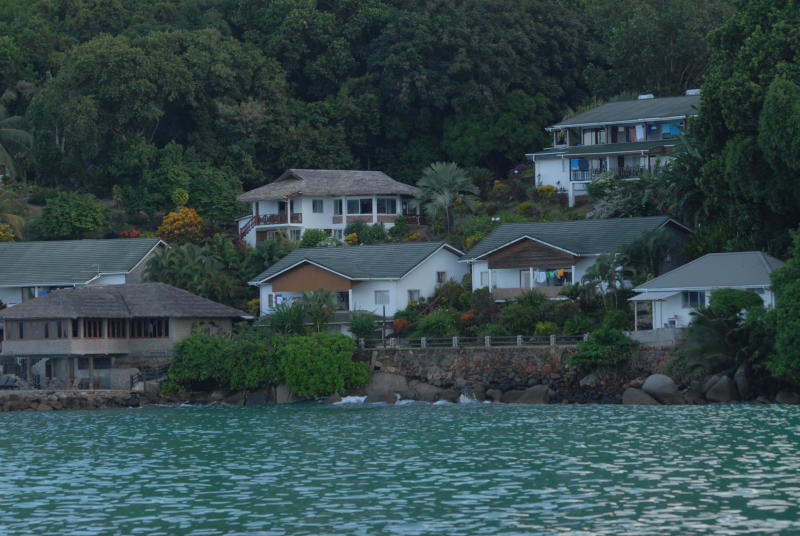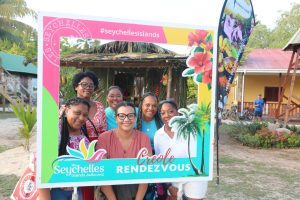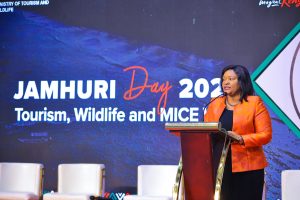When Portuguese navigator Juan de Nova made the first recorded visit to Seychelles in 1501, he must have been intrigued by the beauty that rose steeply from the turquoise waters of the Indian Ocean to the granite outcrops.
Centuries before and after the historic visit, the 115 islands that make up the Seychelles archipelago remained hidden to the outside world.
Uninhabited, the only form of life lay deep in the ocean or on hilltops – rare plant and animal species that are found nowhere else on earth.
A modern day visitor to Seychelles is still mesmerised by the world-famous beaches that are among the most photographed in the world. He will be taken in by the legendary tales of Vallèe de Mai, the mystical park where the world’s largest nut, coco-de-mer, grows. Vallèe de Mai is now a Unesco World Heritage Site. So tranquil is Vallèe de Mai that early visitors believed this was the site of the biblical Garden of Eden.
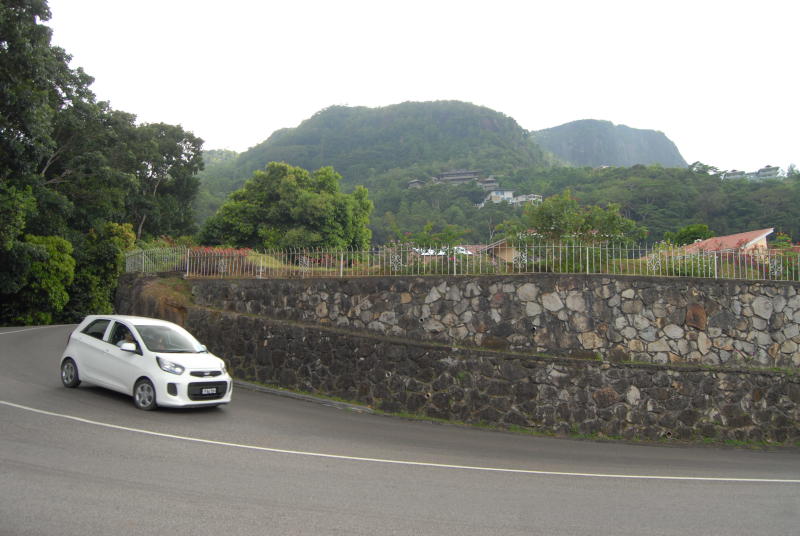
However, it is no coincidence that Seychelles continues to draw people from all over the world. Away from the sparkling beaches, authorities here have made deliberate efforts to keep the islands as close as possible to the way they were when people like Juan de Nova ‘discovered’ them.
To protect what the rest of the continent has trodden underneath, the government of Seychelles has policies that ensure that smart and sustainable living becomes an entrenched habit.
In regulations that can put Kenya’s built industry to shame, there are limits to the number – and rooms – that a hotel can put up. A hotel offering 24 rooms here is considered large. And no guesthouse can have more than five rooms. In islands, such as La Digue, with a population of 3,000, no building, public or private can go for more than two levels.
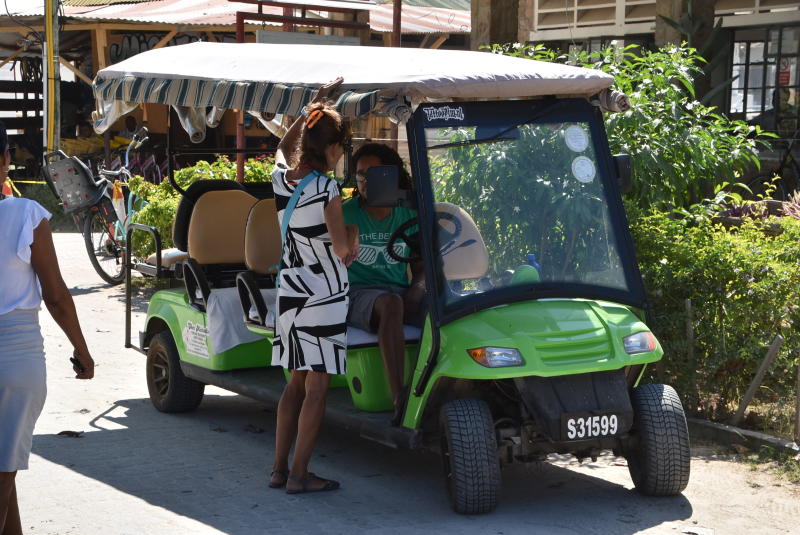
In this island, motorised traffic is frowned upon in favour of electric buggies, bicycles and even cattle-drawn wagons. Almost all hotels on this island have bicycle rental services for guests.
To ensure compliance to such policies, the islands have a planning strategy every five years. “It is government policy here to use electric buggies, bicycles and ox wagons as a means of transport. This is perhaps the most sustainable form of transport that ensures that our environment remains friendly,” says Dania Morel, information officer at the Seychelles Tourism Board.
Unlike some countries in Africa that treat tourists with kid gloves, Morel says nobody is exempt from following the rules in the fragile islands. “As much as this is a tourist island, all must abide by these environmental-friendly rules. By the way, tourists are not allowed to camp here to limit the human footprint on the ecosystem,” she says.
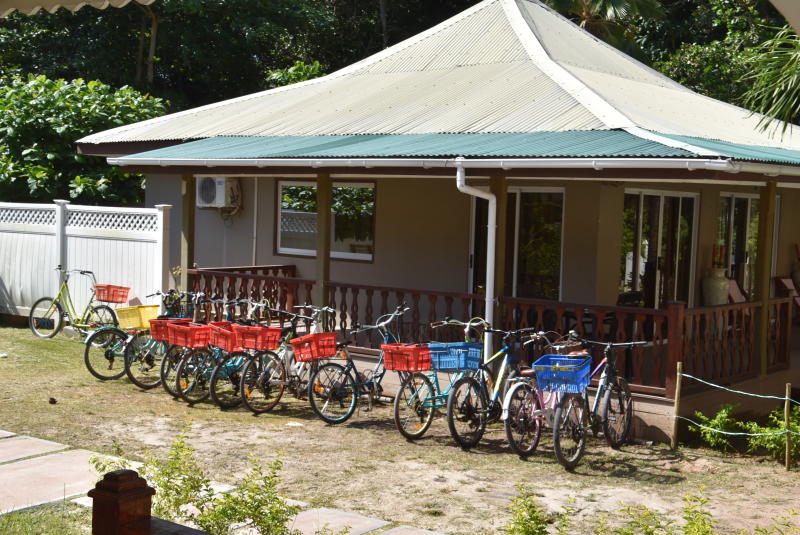
Dr Nirmal Shah, head of Nature Seychelles’ centre for environment and education, says sustainable lifestyle in the islands is everybody’s business, adding that with such a delicate ecosystem, adopting sustainable practices is the only option.
“About 50 per cent of Seychelles is under conservation. That means building footprint must be as minimal as possible. You look around and you will see that almost every home, hotel, and even the beaches are hemmed in by lush tropical vegetation, most of which has remained untouched for centuries,” says Shah.
Following Creole architecture, most homes in the Seychelles are built with steep roofs with many side openings to take advantage of the tropical breezes requiring minimal mechanical cooling appliances.
Almost every home has a rainwater harvesting system that complements water from desalination plants.
It is also worth noting that while countries such as Kenya penalise developers who build structures metres away from rivers and lakes, homes in Seychelles hug the waters of the Indian Ocean and take advantage of the water’s cooling effect. “You can build close to the water as long as you put in place measures that address environmental degradation. In any case, land around the islands is quite steep, leaving a narrow belt along the coastline for commercial and private development,” says Morel.
As African countries try to outdo one another in copying Western lifestyles, Seychellois traditional way of life acts as a magnet that draws visitors to the island nation of no more than 100,000 inhabitants.
Their policy of conserving more and consuming less has not escaped the notice of the global tourism body, UNWTO, which in recent past has used the islands as case studies in conservation and culture tourism.
“Conservation tourism goes hand in hand with people’s lifestyles. People here are eager to conserve the environment because it has a direct impact on their lifestyles. This mindset can be replicated elsewhere on the continent with similar benefits to the African community,” says Kojo Bentum-Williams, UNWTO communication expert for Africa.
Source: Peter Muiruri
pmuiruri@standardmedia.co.ke


